Farmer’s Guide to Trucking Regulations available to Ohio Farm Bureau members
The guide includes a farm driver checklist, overview of state and federal regulations and exemptions, CDL qualifications and more.
Read More
When I visit with people who don’t farm and hear their questions about today’s agriculture, I find they have much in common with farmers.
Farmers eat most of the same kind of food that non-farmers eat – food that originated from farms like the one they may operate. They both want that food to be safe and healthy and want to know the food has been produced using accepted and approved farming practices. Knowing that farms use practices that improve the environment is important to both groups.
Consumers want to know how their food is produced and farmers know they need to be able to explain why they do things, like the way they feed their dairy cattle or house them in free stall barns, or why they use genetically modified seeds to grow many of their crops. Given a chance, farmers like to explain why they follow some practices that people think are not safe.
Sometimes farmers want to explain why they do what they do using scientific or researched-based facts. That is fine as long as those they are talking to understand and trust that research, but that is not always the case. All too often when they hear a negative comment or program about today’s farming practices, farmers can get defensive. They may need to slow down and think about who made the comment or put it on a media program and why. Is it someone with a real concern about our food and how it’s produced? Or is it someone with intent to scare people and make some money by publishing misleading information?
Then through their organizations or by their own contacts, farmers can inform consumers with their own story about why they do what they do. They need to be open and frank about telling their story of how they produce what we eat and do it in a way non-farmers will understand.
We sometimes hear that consumers want “transparency” in knowing how their food is produced. Farmers can best provide that transparency by telling their own story. The problem is they find it difficult to have access to the same media openings that those who may be negative toward today’s agriculture seem to have. How they farm may not be “spectacular” enough or be considered news worthy by the media, especially TV, or farmers’ stories may be reported by someone with no real idea about what a farm is like.
Locally, we are fortunate to have newspapers that are cooperative and will publish agricultural information. They provide a useful educational role in our community.
Facebook and other forms of social media are good opportunities for farmers to tell their story. It is not wise to get into an argument with someone on social media about food issues. Some people online are just looking for a chance to get more publicity.
Let’s remember that consumers and farmers share many of the same values. They both want an abundant and safe, healthy food supply. They want a comfortable home and an income that will provide for a good family living. Those who tend to be negative toward today’s agriculture need to consider these things.
Submitted by John Parker, a member of the Ashtabula County Farm Bureau and an independent writer for Farm Bureau.


The guide includes a farm driver checklist, overview of state and federal regulations and exemptions, CDL qualifications and more.
Read More


The plan has been updated to give sole proprietors access to more rate stability and a smart solution that offers potential savings on health care.
Read More

The American Farm Bureau Federation, in partnership with Farm Credit, is seeking entrepreneurs to apply online by June 15 for the 2025 Farm Bureau Ag Innovation Challenge.
Read More

Adele Flynn of Wellington has been elected treasurer of the Ohio Farm Bureau Federation and now holds the third highest elected office in Ohio’s largest and most influential farm organization.
Read More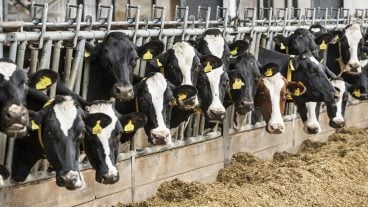
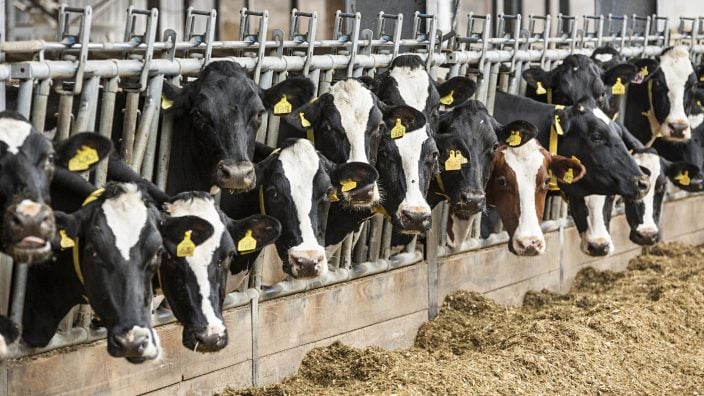
Producers are urged to work with their veterinarian to practice enhanced biosecurity measures and review and limit cattle movements within production systems.
Read More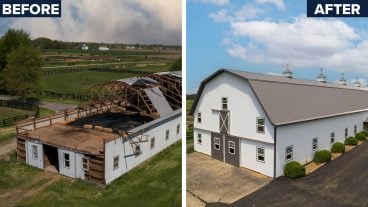
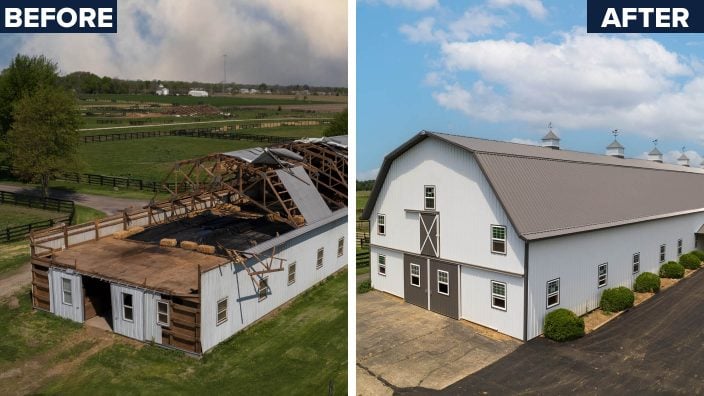
The changing seasons bring with them the need to thoroughly inspect pole barns for any damages that may have occurred during the winter months.
Read More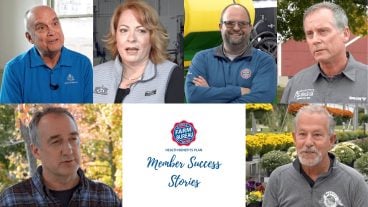
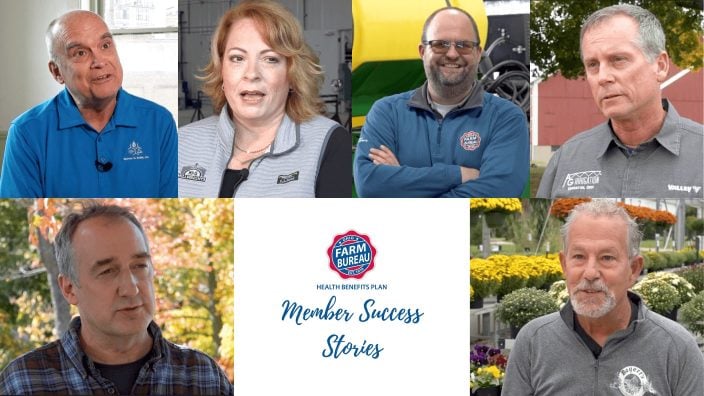
Hundreds of Ohio businesses and sole proprietors are raving about Ohio Farm Bureau’s Health Benefits plan with lower, predictable costs and easy enrollment and administration options.
Read More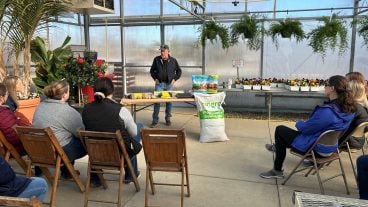
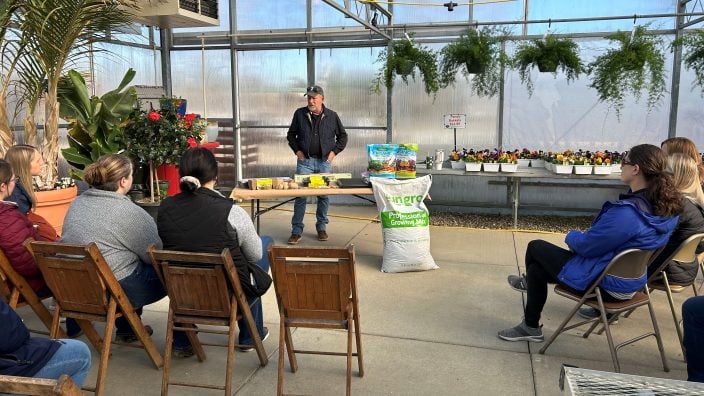
AgriPOWER Class XIV spent a few days in March in Medina and Wayne counties learning more about northern Ohio agriculture from leaders in Ohio Farm Bureau.
Read More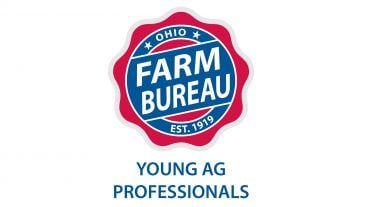
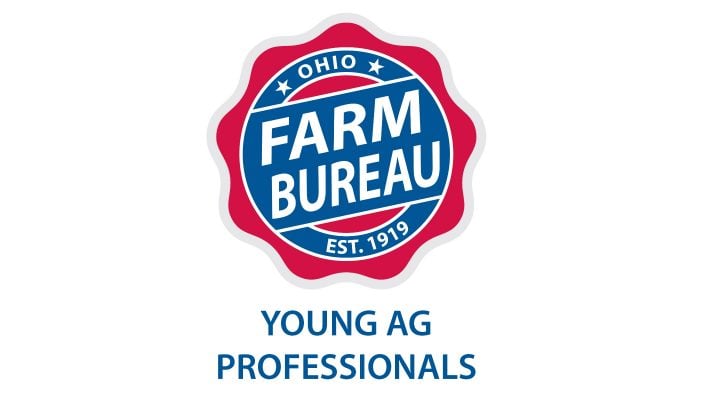
Leading Ohio Farm Bureau’s 2024 YAP State Committee are Luke and Kayla Durbin of Coshocton County, Tim and Sarah Terrill of Montgomery County and Carly Fitz of Perry County.
Read More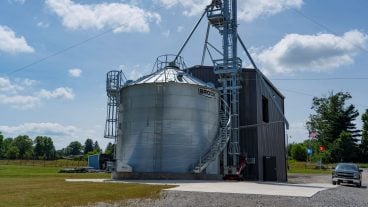
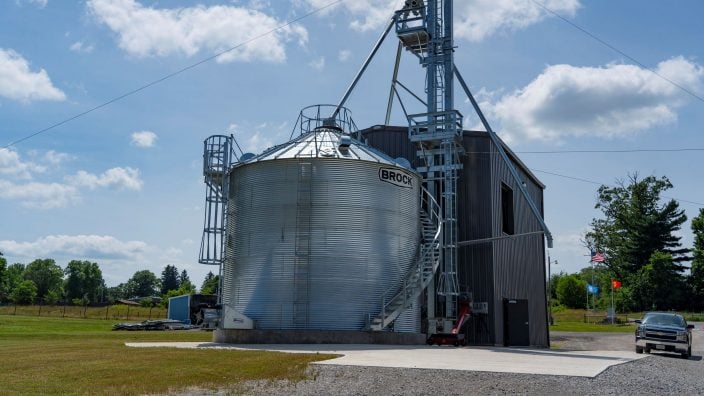
Farming is a very rewarding occupation, but it can come with hazardous territory if there are not proper training protocols in place.
Read More